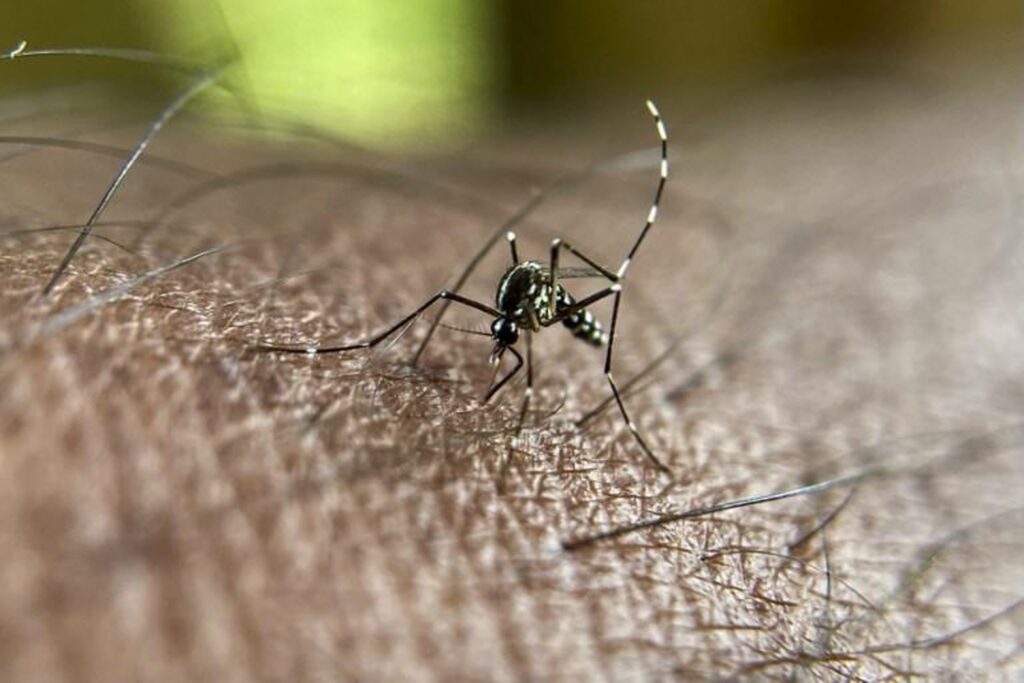The tiger mosquito, an invasive species capable of spreading viruses, is increasingly rampant in Belgium, warn the Sciensano Public Health Institute and the Antwerp Institute of Tropical Medicine (IMT).
Last year, the species' presence was recorded in 25 locations – twice as many as the 12 in 2022 – with Brussels and Wallonia reporting positive cases for the first time. Citizens reported sightings of the tiger mosquito in 18 locations, 15 of which were new, using the surveillancemoustiques.be platform, while traps laid at motorway service stations uncovered an additional seven locales.
The insect was spotted again in Lebbeke and Wilrijk, indicating that the species overwinters in these municipalities. As the tiger mosquito continues to spread across northern Europe, Belgium is facing an escalating issue of mosquito importation via road traffic, both from travellers and deliveries from the south, Sciensano and the IMT note.
Both institutes urge immediate additional measures to slow the spread of this mosquito species in Belgium, as it has already triggered local transmission of viral diseases such as dengue and chikungunya in France and Italy.
During the winter, citizens can prevent the spread of mosquitos by carefully cleaning and draining artificial stagnant water surfaces, such as rain barrels, flower pots and gutters, to eliminate any eggs stuck to the sides, advise Sciensano and the IMT. From May (the start of the mosquito season), it will also be essential to regularly remove stagnant water from patios and gardens, where the tiger mosquito breeds.
Related News
- WHO warns of increasing cases of dengue in Europe
- High humidity creates perfect conditions for rise in Belgian mosquitos
- Insect repellants: Are organic choices really better than chemical ones?
Although the risk of virus transmission remains low for now, the increasing prevalence of this species heightens that threat, warns Isra Deblauwe, an entomologist at the IMT.
"We predict that the number of tiger mosquitos will continue to rise and numerous new sites will be identified as positive next year. It is important to delay their establishment and spread as long as possible and prepare for the future."

